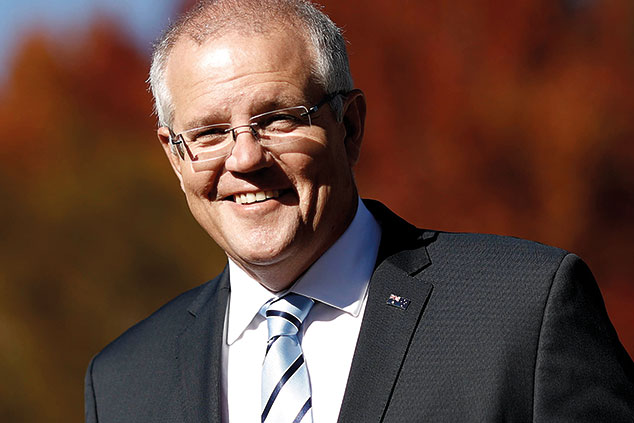
Rule changes within both parties mean that “whoever wins should be the first leader since 2007 to serve a full term”. Although the Labor party led by Bill Shorten is still ahead in the polls, the Liberal-National Coalition led by Prime Minister Scott Morrison has been catching up “as they spar over tax cuts, public spending and tackling climate change”.
The reality is that voters aren’t enthusiastic about either of the two main parties, says The Economist. In theory the Coalition should benefit from the fact that “the economy has grown without interruption for 28 years”. However, many voters “feel left behind” as house prices have “soared”, while wages have “grown more slowly and, recently, barely at all”. For its part, Labor leader Bill Shorten “is less popular than the prime minister”, while many on the left “are disillusioned by the party’s caution”.
Ironically, the closeness of the result means it could ultimately be decided by the second preferences of those who are so disillusioned that they aren’t planning on voting for the main two parties, says David Flint in Spectator Australia. Although only 15% of voters nationally plan on voting for a small party, the number varies from seat to seat, and can be as large as 30%. The evidence suggests many small-party voters will ultimately help the Coalition, especially in marginal seats.